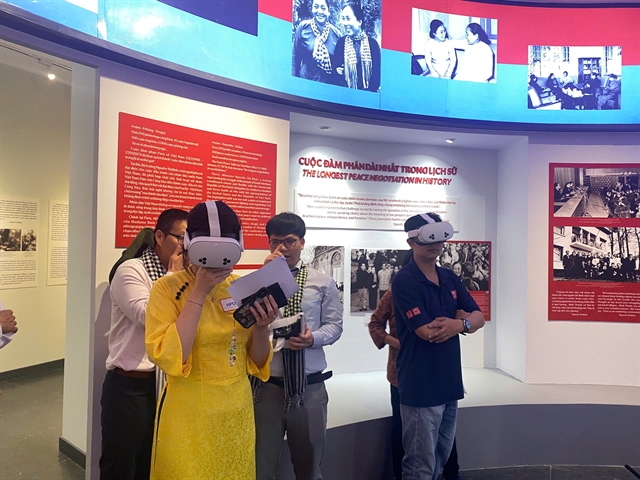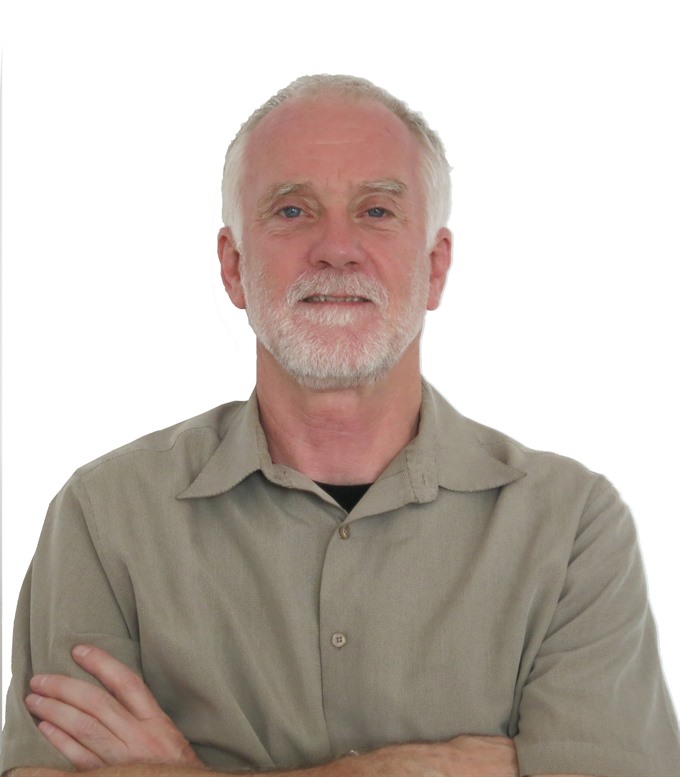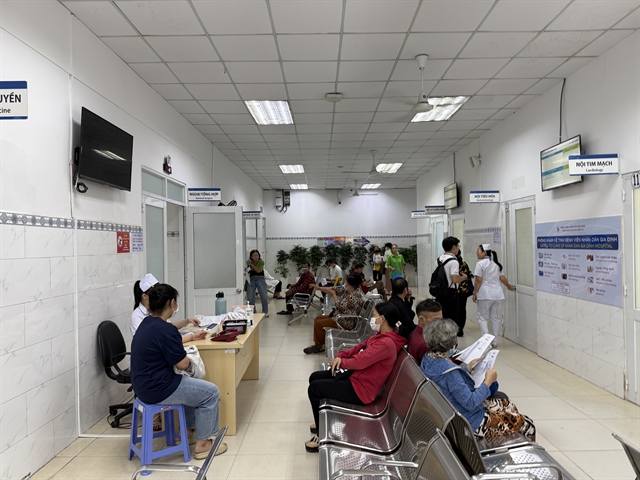 Life & Style
Life & Style

 |
| Dr Douglas Holwerda.—Photo courtesy of Family Medical Practice Hanoi |
Cultural context to individual struggles
By Douglas Holwerda*
As a practicing psychotherapist, one of the interesting questions I face is: What aspects of personal psychology are culturally determined? It’s a relevant question because I work with people from many different cultural backgrounds, and this includes the divide between Eastern and Western orientations. The developmental stage where there seems to be a notable difference, particularly between Eastern and Western cultures, is at the point where a person transitions from adolescence to adulthood. It is a clear point where the ideas of individualism and collectivism are demonstrated.
The danger of writing in broad generalities about large concepts like “Eastern” or “Western” or “individualism” and “collectivism” is that it belies all the examples in which there are exceptions, even whole subcultures that do not fit assumptions prescribed by such concepts. That said, it seems there is a value in trying to understand these differences because, in a changing world where there are few pure cultural examples, people are struggling with the confusion of mixed expectations and changing cultural patterns.
My psychotherapeutic practice has attracted many confused, anxious and depressed Vietnamese youth who are struggling to take the step from adolescence to adulthood within or alongside expectations of their parents, family, extended culture and social structure.
While I am able to empathise and facilitate ways for them to deal with difficult emotions and decisions, I sometimes feel that I lack an understanding that would help me better relate to their social context or situation.
The Western model of individualism holds that the step into adulthood is one where separation, individuation and autonomy are the ideals. Parents raise children to take on more and more responsibility, until they can step into a life they call their own adulthood with the freedom to choose their partners, their jobs, their lifestyle, their friends and where to live.
Of course, it is not quite as simple as that, both in terms of how it happens and in terms of the degree of separation that exists. While “freedom” is often touted as the greatest benefit of individualism, it is easy to see the downside – so many people who are unable to manage the freedom or the responsibility that comes from the burden of having to know the answers to life’s questions – how to live life.
I see plenty of depressed, anxious and confused Western clients who are trying to find their way without social structures of family or tradition to contain the process, to show the way. This is particularly true in the United States, where there is no common, deep rooted culture. Too much freedom can create a lot of messes in the way people come to cope with or live life.
In the Eastern model of collectivism, the individual is embedded in the family, which is set up according to a traditional structure and according to cultural values and all of this is embedded in a social/political structure. The security of an individual comes from knowing the role or place they have within the familial and traditional cultural structures. People know they will be cared for from birth to death, the tasks of living are divided and assure the survival of everyone within the structure of the family. Freedom comes from the security of collective support.
Some of today’s youth in Việt Nam are caught between these two systems. Having learned English and the ways of the Western world outside of Việt Nam, they have developed a different sense of what is possible. Children of the last 20 years have grown up very differently compared to the childhoods of their parents and grandparents. Many travel or study abroad and come back changed in the way they see the world and what they want from it. They have grown up in the era of social media and immediate exposure to things many older people thought were impossible. The clashes that come from rapid change are affecting young people the most, with depression, anxiety, role confusion and conflict with their parents and other family members.
As a psychotherapist, my role is not to have readymade solutions or to give advice about how to fix life’s problems. It is more to explore and name the truths of our situations and problems. Understanding and insight can replace shame, guilt, frustration and fear. We look for ways to accept our life, as it is, while recognizing what lies within our control to change things.
It seems that with change comes the need to orchestrate a new balance between structure and freedom. Too little structure can cause disorder and undirected pathways of living. Too much structure can limit the flow of life’s energy and thwart the progress that comes naturally. The mental health of our young people might be the barometer that helps us measure which ways to adjust ourselves so we can give a full life to the generations that proceed.— Family Medical Practice Vietnam
*Douglas Holwerda is an American mental health counselor working at Family Medical Practice Hanoi. He works with teens, adults and couples on resolving issues like anger, anxiety (including panic attacks and OCD), depression (including suicidality), relationship and communication problems, expat adjustment, loss and grief, mid-life changes, and meaning of life questions. He also works with those seeking personal growth and helps with other mental health concerns.
For more information or medical advice, please contact Family Medical Practice Hanoi at: at 298 I Kim Mã Street, Ba Đình. Tel: (04) 3843 0748. E: hanoi@vietnammedicalpractice.com. Family Medical Practice’s downtown Hồ Chi Minh clinics are located at Diamond Plaza, 34 Lê Duẩn, District 1 and at 95 Thảo Điền Street, District 2. Tel: (08) 38227848. E: hcmc@vietnammedicalpractice.com. FMP Danang is located at 96-98 Nguyễn Văn Linh Street, Hải Châu District, Đà Nẵng. Tel: (511) 3582 699. E: danang@vietnammedicalpractice.com.




